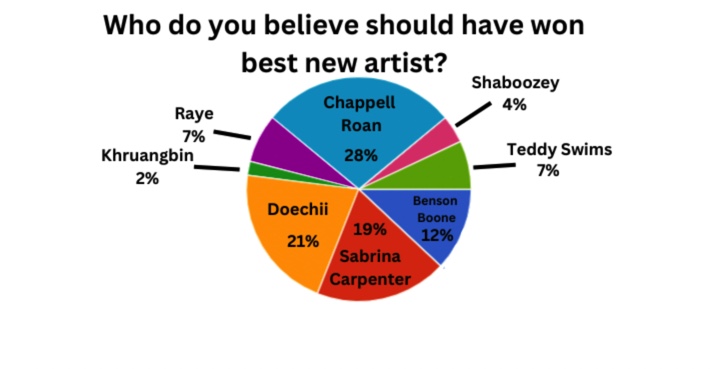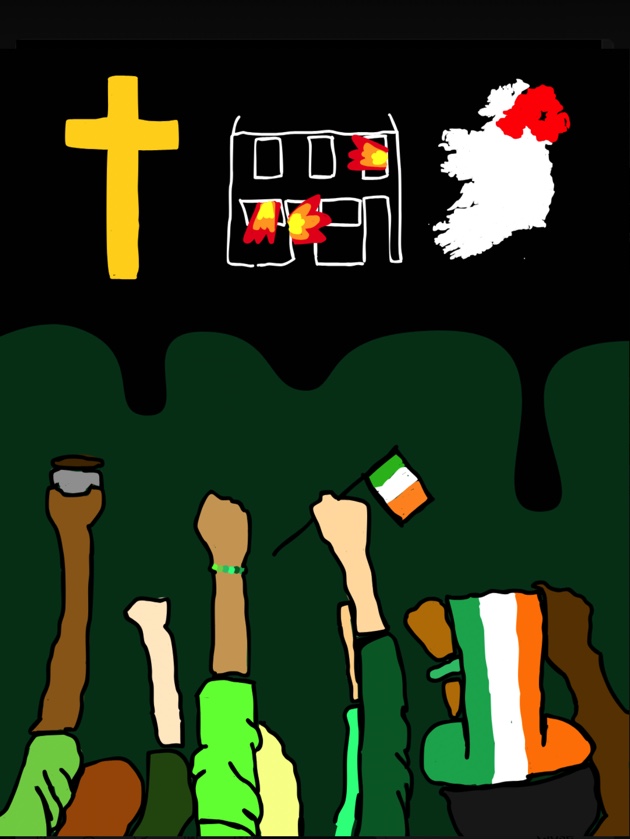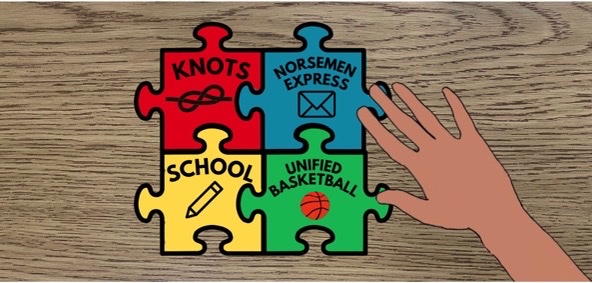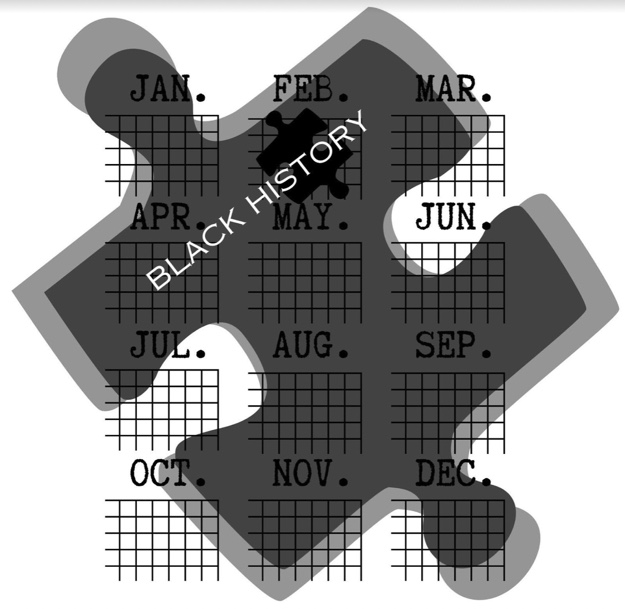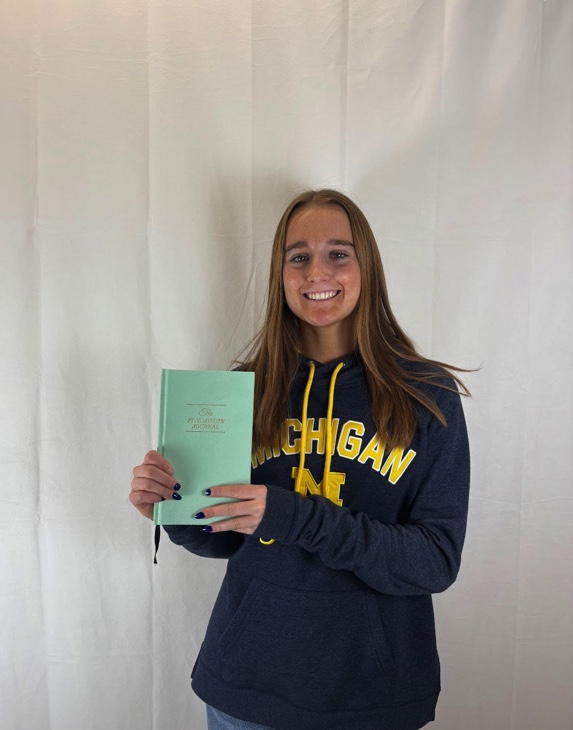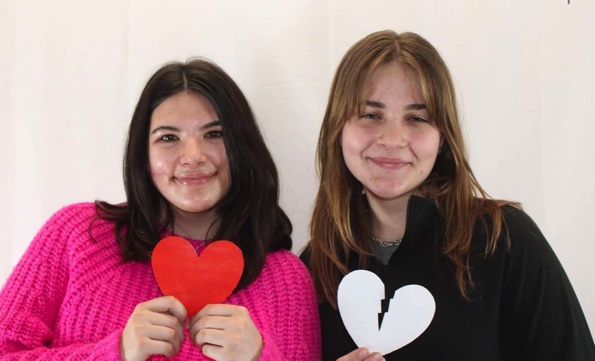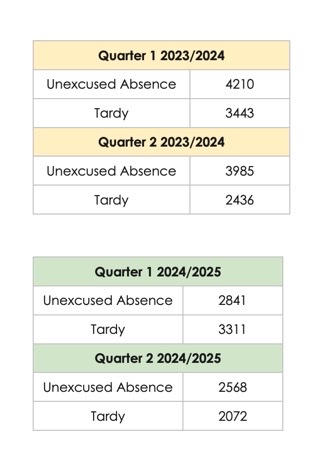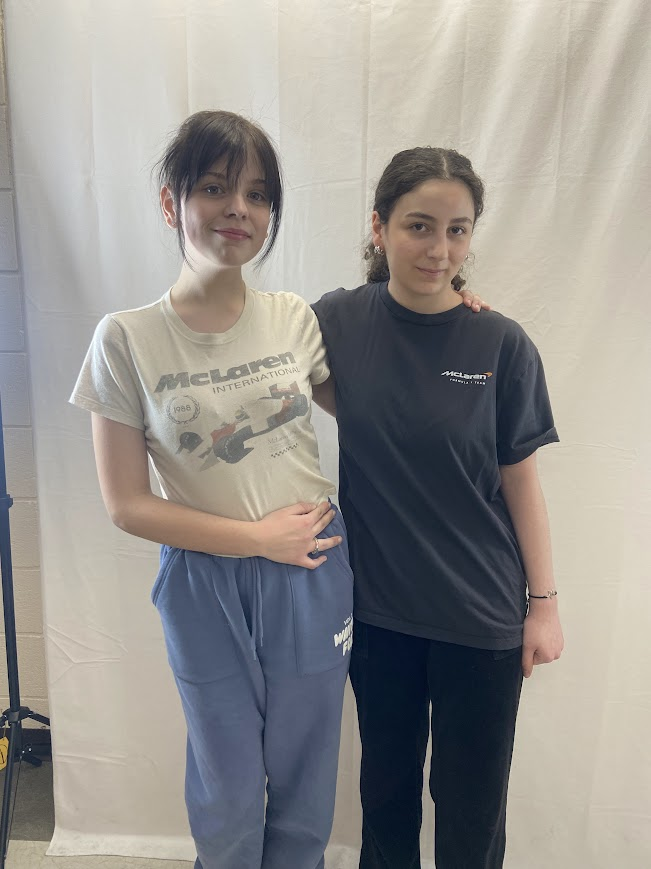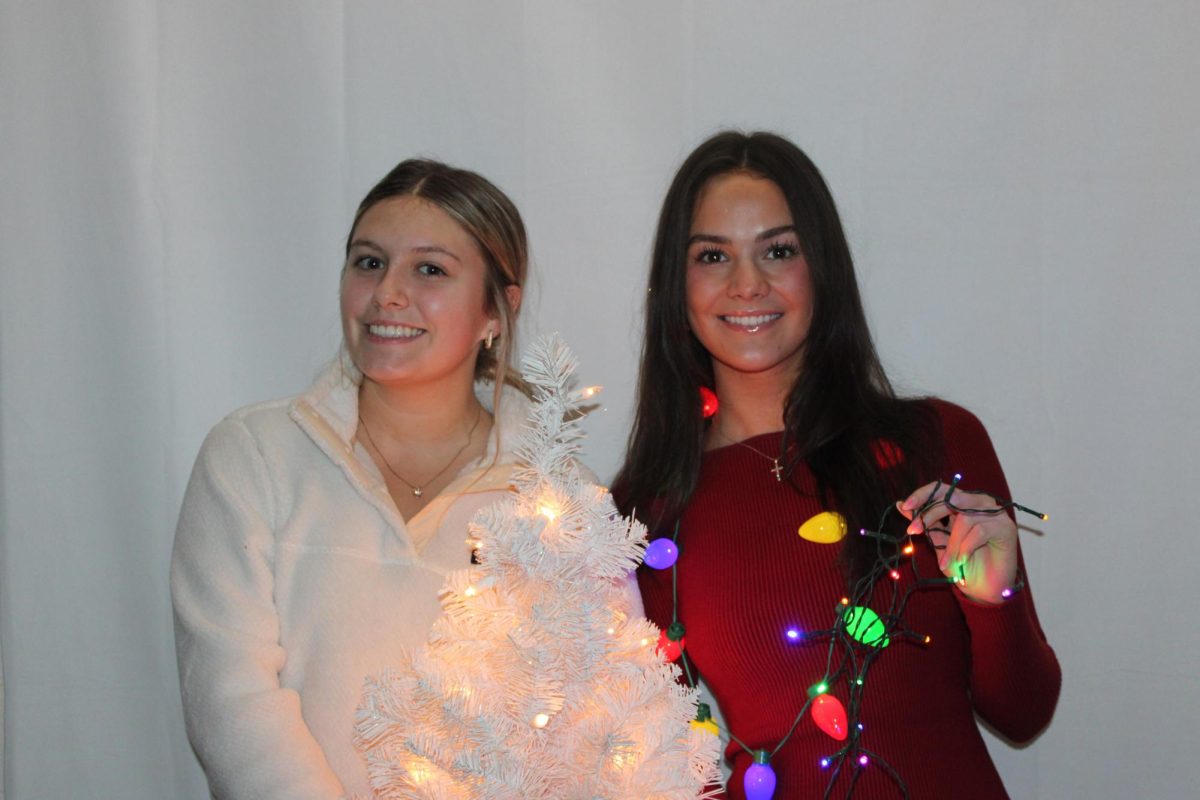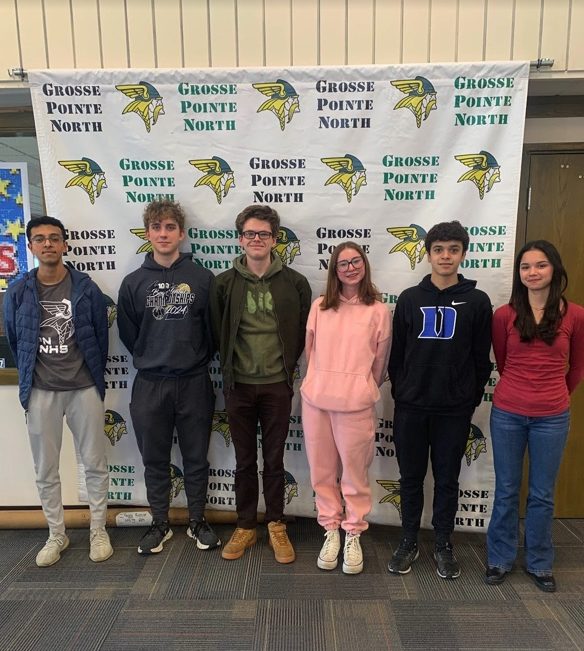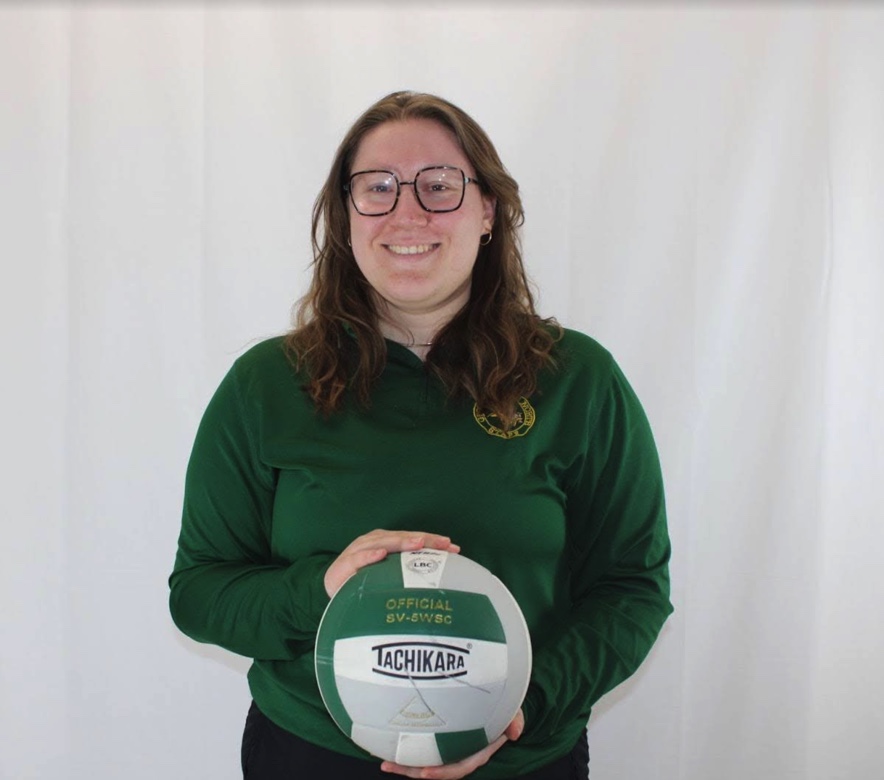Pro
Celebrity Political Endorsements are good because they encourage young people to care/research more about politics. The 2024 election is coming up quickly, and politicians are having difficulty connecting to younger voters. Due to this celebrities with younger fan bases that are eligible to vote feel the need to promote who they are voting for via social media. Through quick and accessible posts, they are able to spread their message fast. This is beneficial because the younger voters are able to connect through fast-paced marketing instead of the traditional long debates. As more attention is peaked, it encourages the viewers to research the candidate that was endorsed.
In the past, it might have been harder to speak out on who you would be endorsing, but today everything is at the touch of a button. In Taylor Swift’s recent Instagram post, she started by explaining why doing your research on each candidate is important. She then continued to state the reasons why she will be voting for Kamala Harris for president. By voicing her opinion, Swift shows how it is important for her to express her stance on the election, and to encourage fans to vote for Harris.
Recently at a Donald Trump rally, Trump brought out TikTok star, Bryce Hall, to grab the attention of the younger voters, and to promote Trump’s MAGA agenda. The increasing endorsements happening after the 2024 Presidential Debate between Donald Trump and Kamala Harris are showing how these celebrities want to help further mobilize the newest block of voters to support the same candidate.
Overall, the celebrities that post their endorsements help the younger voters become interested in politics, and become willing to learn more about the candidate that was endorsed. Ultimately, celebrities using their platforms to speak out about what they believe in are influencing future generations of politics for the better.
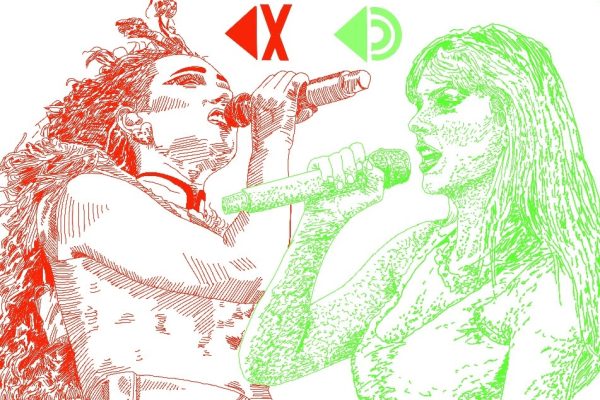
Con
Celebrity Political Endorsements are bad because they can deter people from voting/becoming educated on their own opinion, and cause unnecessary pressure on celebrities. Though celebrity political endorsements can positively facilitate votes, it also has the ability to do the opposite. Since celebrities can gain attention from millions of people, their influence is way greater than the average boring political ad. As the younger impressionable voting audience becomes increasingly dependent on short-dopamine-fixing advertisements, it seems that political material for this upcoming election from one’s favorite star is the only thing necessary to grab their attention. This ultimately only adds pressure onto other celebrities to speak up on their candidate of choice and for fans to follow their icon’s footsteps.
Pop singer Taylor Swift recently posted her reasoning for her vote for Kamala Harris in an Instagram post caption, while Billie Eilish followed suit a few days later in an Instagram video depicting similar sentiments. Both singers have seemingly set the expectations of press groups and fans to speak up about their private political views, which is causing uncomfortability within fandoms. Although the two singers were open to expressing these views, others, such as Pharrell Williams and Chappell Roan, are not as comfortable sharing their personal affiliations with the public and are even receiving major backlash for it. In this process not only are the influencers being targeted, but the influenced voters who feel the need to blindly follow their favorite pop icon’s political choices as well.
With a large and impressionable audience, celebrities can indirectly influence those to vote unintuitively, as well as set unnecessary expectations for other influencers. Celebrity influence on politics is not the answer to arousing votes for this upcoming election, and shouldn’t be the leading factor in the voting process


